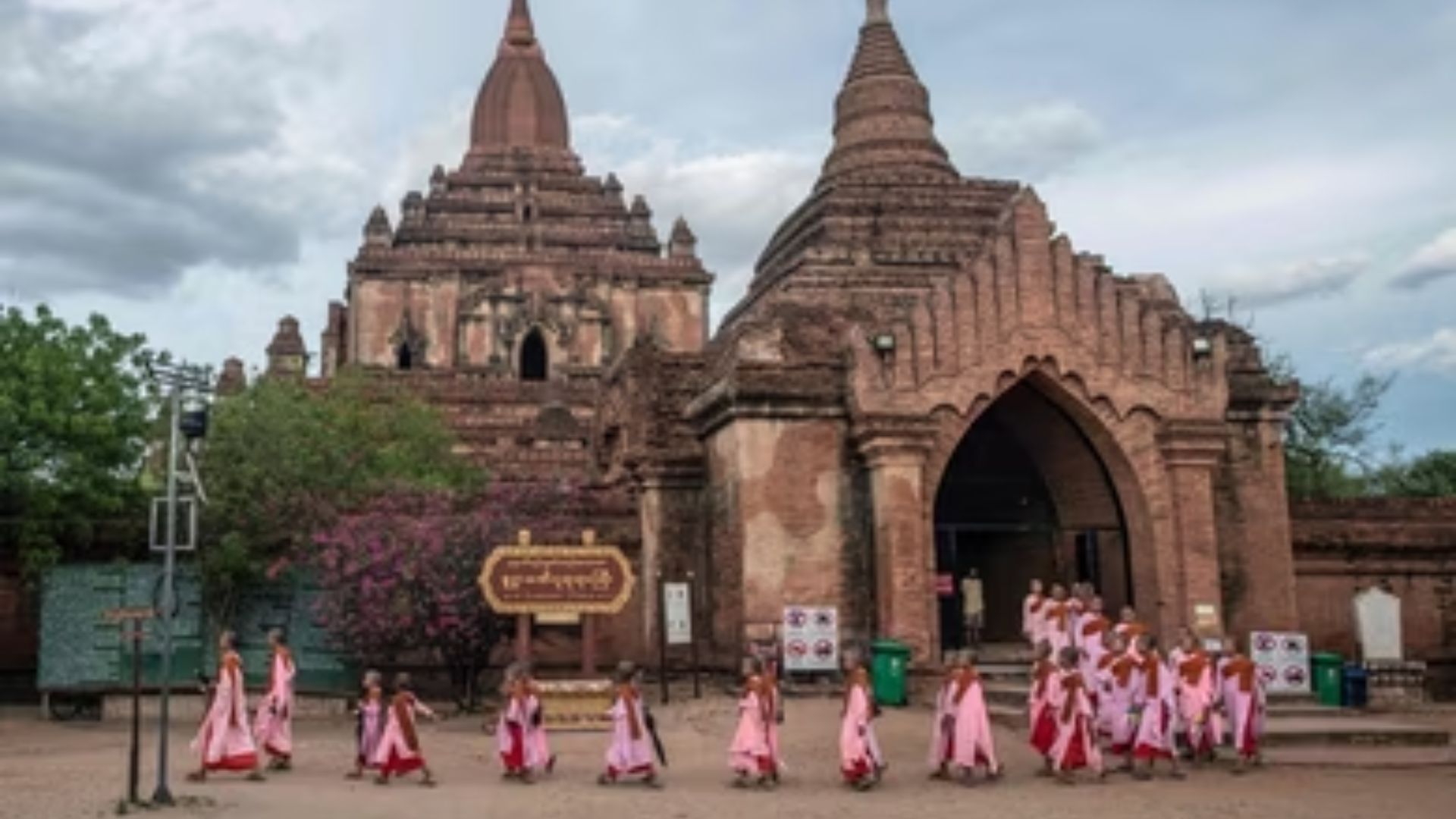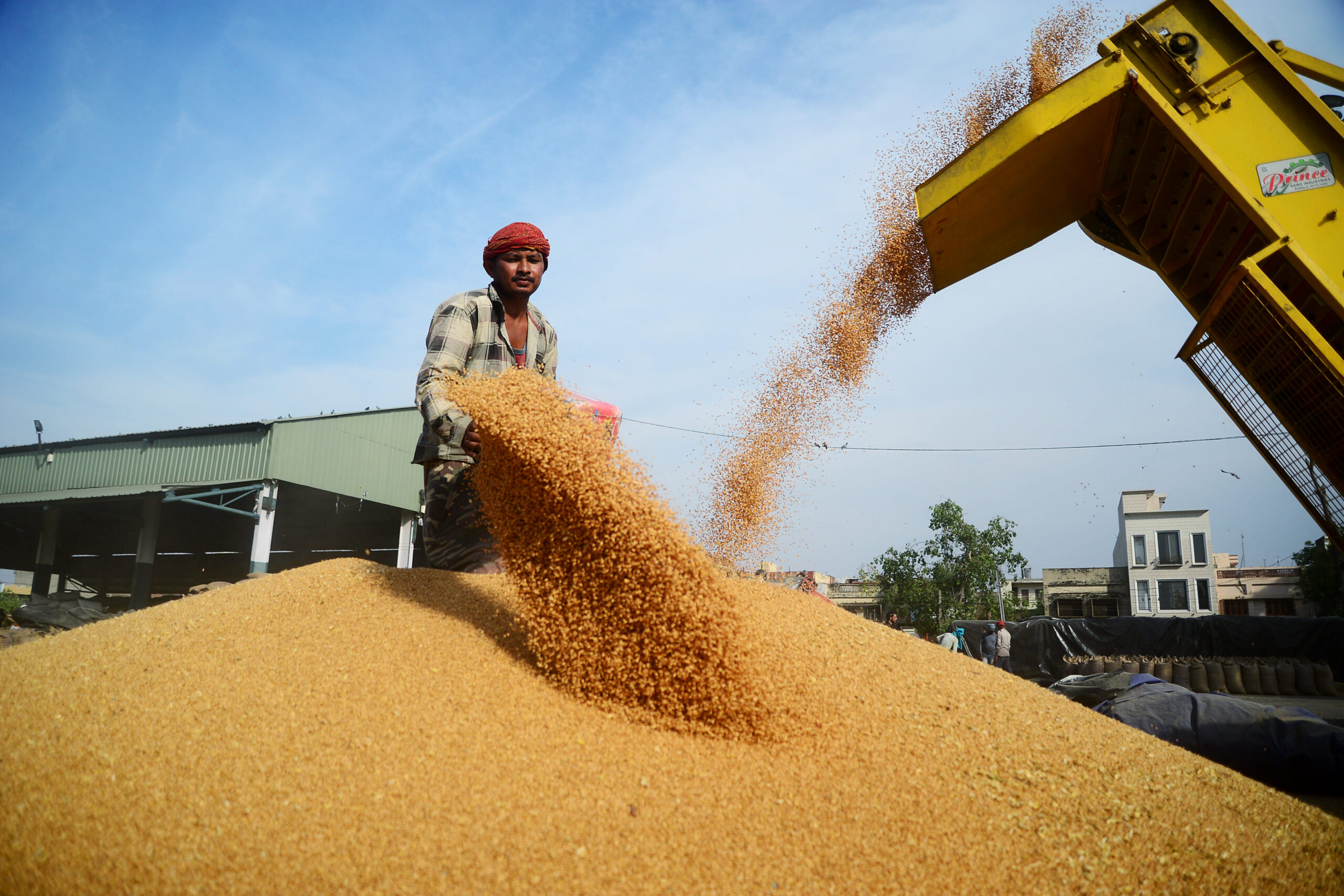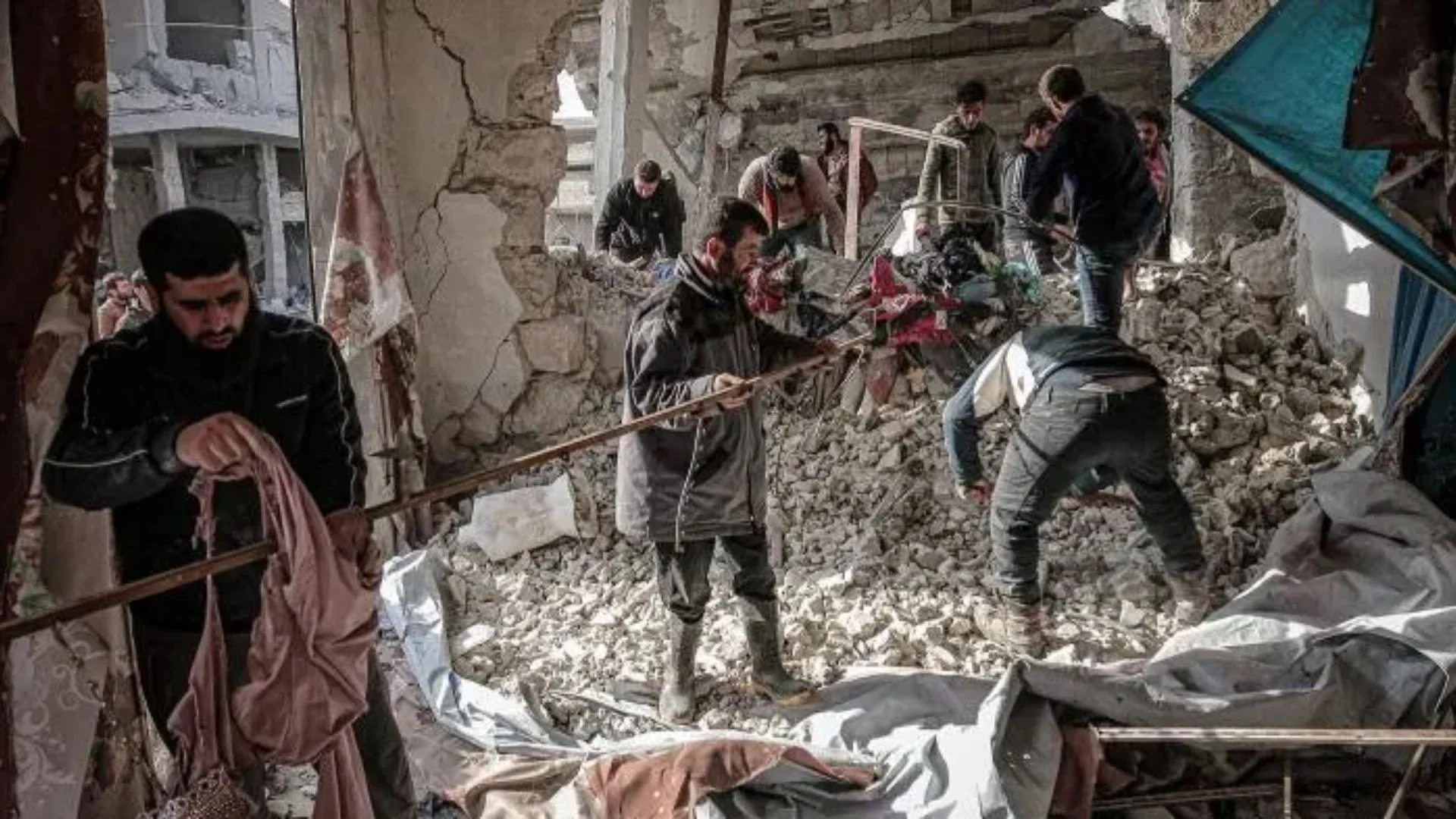Myanmar’s famous ancient tourist spot, temple city, under severe economic crisis due to decline in tourist activities. The domes and spires of Bagan, Myanmar’s temple city, are famous amongst tourists . However, the ongoing conflict has resulted in reduction of tourist visits, leaving local residents with financial hardships. While ago, Bagan’s UNESCO World Heritage site gained fame after Myanmar began opening up to the world following decades of military rule relaxation in 2011. Tourists seeking an alternative to the more frequented destinations in Southeast Asia were excited to explore its ancient temples and cultural treasures along the banks of the Ayeyarwady River. Now, with fewer visitors due to the instability, businesses that depend on tourism are struggling , underscoring the economic impact of the crisis on the local community.
In February 2021, the tourism industry in Myanmar faced successive blows, first from the devastating impact of the coronavirus pandemic and then from the military coup, which plunged the country into widespread conflict. These events have severely affected tourism across Myanmar, including its famous destination, Bagan. Before these crises, Myanmar had been gradually opening up to international visitors following decades of military rule, with tourism numbers increasing. However, in the year following the coup, international visitor arrivals decreased dramatically to around 200,000, as reported by the junta’s tourism ministry. This starkly contrasts with figures from five years earlier, when Myanmar had welcomed 3.4 million international tourists.
The sharp decline underscores the profound impact of political instability and conflict on the tourism sector, leaving local businesses and communities in Bagan and beyond struggling to cope with the economic fallout. People are concerned due to sudden fall in economy.
“We are struggling,” expressed a flower seller at one of the pagodas, reflecting on the challenging circumstances. “Despite this, we are grateful to still have homes and food on our tables. I can sense the widespread suffering experienced by people in other regions.” Their heartfelt wish, shared by many, is for the country’s situation to improve and for economic opportunities to return. They hope for a brighter future where livelihoods can be restored, echoing the collective aspiration of the community amidst these trying times.







